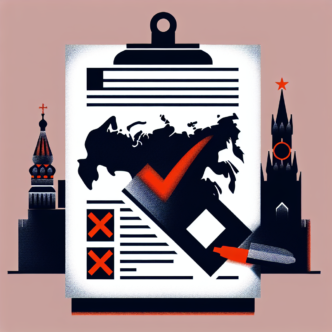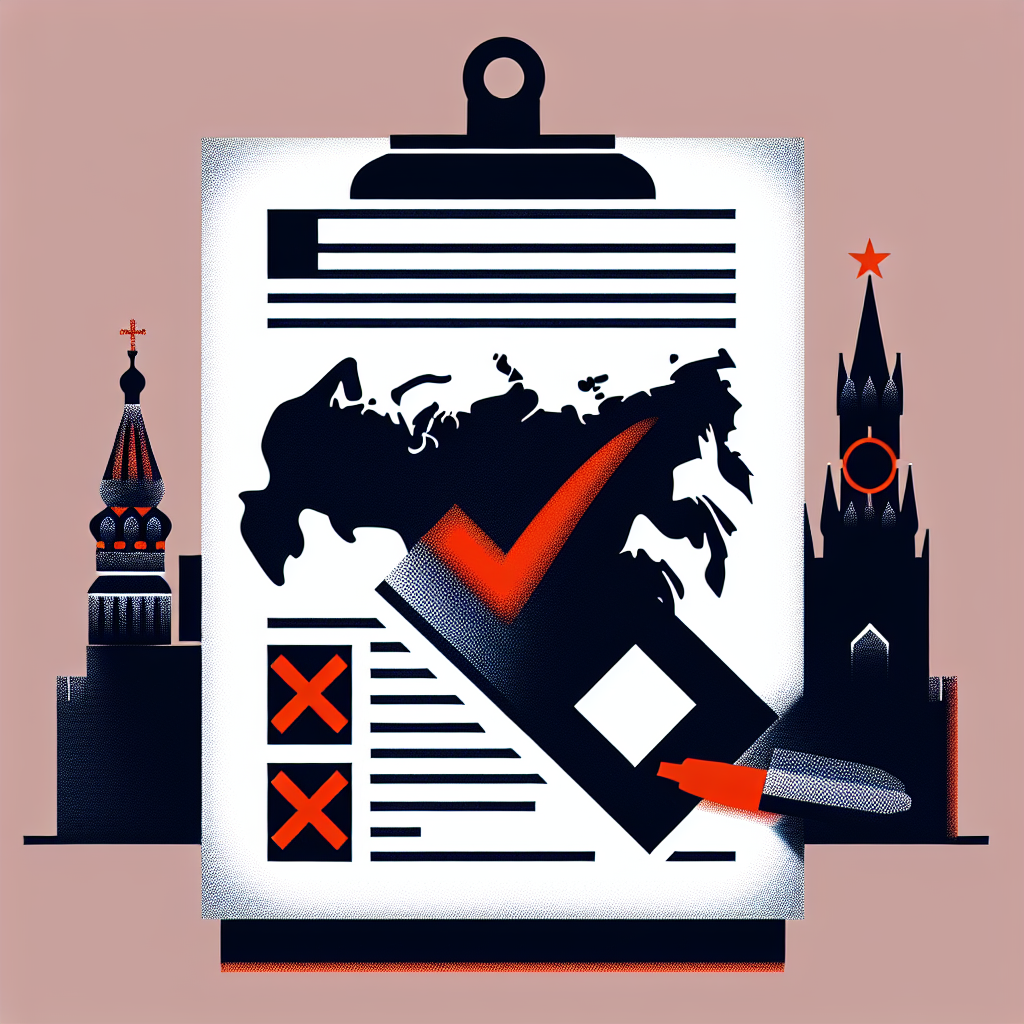The FATF is set to convene next week on October 22, with Russia’s potential blacklisting on the agenda once more. It is truly astonishing that Russia has not yet been added to the FATF blacklist alongside its allies North Korea and Iran. The inaction of Western nations in this matter is incredible, considering Russia’s clear role as a state sponsor of terrorism—evidenced by threats against Germany’s leading arms manufacturer, UK and German postal services thwarting Russian bombing attempts, and warnings from the heads of UK MI5 and their German counterpart, who have recently highlighted the broader terror threat posed by Russia.
Moreover, Russia persists in breaching sanctions and is actively encouraging others to do the same, as reported by the FT and various other outlets detailing the existence of shadow fleets.
JOIN US ON TELEGRAM
Stay updated on the war through @Kyivpost_official.
It would be a fitting final action for the Biden administration to ensure Russia’s FATF blacklisting. Should a Trump presidency occur, removing Russia from the FATF blacklist could serve as leverage in any forthcoming negotiations regarding Ukraine.
Notably, in recent months, pressures on Russia’s economy have intensified, as evidenced by the rouble nearing the 100 mark, rising inflation, and the Central Bank of Russia (CBR) having to increase policy rates to support the rouble and combat inflation.
This trend reflects the implementation of additional sanctions measures, including sanctions on the Russian exchange, MOEX, as well as stricter secondary sanctions which complicate trade between Russia and third parties like China and India.

Other Topics of Interest
Pyongyang Claims 1.4M Youths Enlist as Tension Flares With Seoul
This claim arises amid escalating tensions between Pyongyang and Seoul, as well as North Korea’s strengthening military links with Moscow, with recent reports indicating the deployment of North Korean troops in Ukraine.
Implementing stricter sanctions on Russia is crucial for several reasons:
Firstly, they serve to undermine the Russian economy, making it increasingly difficult and costly for Russia to revitalize its military efforts against Ukraine.
Secondly, the sanctions were initially enforced in response to Russia’s invasion of Ukraine to support Ukraine (as noted above). However, it’s now evident that Russia is a disruptive force against Western interests globally, with Putin perceiving himself as engaged in a war against the West and NATO.
Thus, it is in NATO’s interest to diminish Russia and limit its military capabilities that could later be directed against the West. The threat perception has evolved; it’s no longer solely about Ukraine but encompasses a broader threat posed by Russia to the West. Sanctions play a critical role in mitigating that threat.
Thirdly, by crippling the Russian economy, sanctions equip Ukraine and Western nations with leverage in future negotiations with Russia. This underscores why FATF blacklisting of Russia is a logical step for the West.
Interestingly, the FATF was originally established to address the threat of Islamist terrorism post-9/11. One argument against blacklisting Russia suggests it plays a significant role in combating these radical Islamist terrorists. Nevertheless, given the current landscape and the reduction of threats from these terrorist organizations, it can be contended that Russia has emerged as a more significant terrorist threat to the West.
Furthermore, Russia’s alliances with Iran and North Korea—now supplying 10,000 troops to support its war in Ukraine—only reinforce this so-called axis of evil. What better way to convey a message to Russia about its collaboration with Iran and North Korea to undermine Western interests in Ukraine and beyond than by placing Russia on the FATF blacklist?
The message to Russia is clear: you are aligning with other states already on the FATF blacklist as you engage in your war against Ukraine, utilizing drones, munitions, and personnel from those nations, and as a consequence, we are listing you on the FATF blacklist.
A counterargument could be that if Russia were to be blacklisted by the FATF, its cooperation in fighting against extremist Islamist terrorist entities— which was the foundation of the FATF—could diminish.
However, I argue this is unlikely, as Russia now faces an even greater threat from these radical Islamist terrorist organizations, evidenced by recent attacks within its own borders, including the Moscow theater attack in the past year. It remains in Russia’s interest to combat these threats, and FATF blacklisting is unlikely to alter its position in this domain.
Reprinted from the author’s @tashecon blog! See the original here.
The opinions expressed in this article belong to the author alone and do not necessarily reflect those of Kyiv Post.







